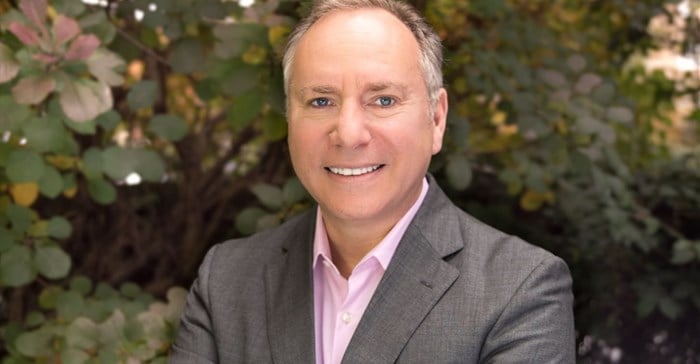#BizTrends2019: Africa is one of the major players in the global economic future

APO Group, the leading global media relations consultancy and press release distribution service formerly known as the African Press Organization, announced the appointment of Reina in December 2018 as its new CEO. He is the former vice president and general manager of the Eastern Europe, Middle East and Africa region at Orange Business Services (OBS), the B2B division of French telecoms company Orange.
APO was was founded in 2007 by a former French-Gabonese journalist, Nicolas Pompigne-Mognard, who wanted to address journalists’ need for access to continent and country relevant information and data. APO Group has since become an influential and reputable media relations consulting firm in Africa and the Middle East serving and advising over 300 multinational companies, organisations, governments and individuals doing business in Africa related to Africa. APO’s clients includee Facebook, Uber, Marriott, Hilton, Orange, DHL, Philips, Coca-Cola, Siemens, Canon, PwC, EY, McKinsey & Company, flydubai, DP World, to name but a few.
Here Reina answers our questions on Africa’s future in 2019:
 What can we look forward to on the African continent in 2019?
What can we look forward to on the African continent in 2019?
 What can we look forward to on the African continent in 2019?
What can we look forward to on the African continent in 2019?Africa has experienced significant growth in recent years and the continent is home to six of the top 10 fastest growing countries in the world. GDP in Africa has grown in real terms every year since 2009 for example, manufacturing production in Africa has more than doubled over the past decade. Not to mention, Africa will represent 40% of humanity in 2100.
At APO Group, this has resulted in an increase in our activity as we support more and more international companies in their development by advising them and helping them to get their visibility across Africa. Our customer portfolio grows by an average of 25% per year. The African continent is now entering in a new phase in its development with the continuous growth of its population, the development of new technologies and infrastructures all allowing for the doors to be open for the rest of the world.
 What are the key cultural shifts and trends driving change?
What are the key cultural shifts and trends driving change?
 What are the key cultural shifts and trends driving change?
What are the key cultural shifts and trends driving change?First of All, Africa's growth is driven by a young, dynamic and entrepreneurial population with an ever-increasing number of active women. For instance, today, the proportion of women entrepreneurs is more and more important: 25% of start-ups in Africa are founded or run by women, compared to 17% in the United States. Africa’s labour force will increase from 620 million in 2013 to nearly 2 billion in 2063.
These new generations are pushing the continent towards new technological development. The digital revolution should also be viewed as a driver of development. New technologies are spreading at a sustained pace in Africa with mobile Internet penetration expected to rise from 26% to 38% of the population during the 2016-2020 period. A development that opens up the field of possibilities in terms of education and youth employment and gives hope for indigenous and steady growth. The expansion of new technologies is essential for the development of countries and we, through the firms we support in their development, are aware of the enormous progress made by Africa in this field.
Finally, Africa is increasingly investing in sustainable development. Africa is the continent that contributes the least to greenhouse gas emissions but is the one that suffers the most from the consequences such as droughts and flooding. In a continent where soil resources are very important, climate change can have dramatic consequences. Sustainable development is therefore one of the priorities and that is why the African Development Bank has decided to invest massively in renewable energy: $12 billion over the period 2016-2020.
 How will Africa lead?
How will Africa lead?
 How will Africa lead?
How will Africa lead?Africa is one of the major players in the global economic future, with exciting opportunities for global and African based companies to build large and profitable businesses across the continent. By 2020, the Africa’s collective GDP is expecting to reach $2.6 trillion. The real challenge for African economies is obtaining 'inclusive growth'. As of today, only 18% of Africa’s total Trade represents Trade amongst African countries (65% in the European union). Africa should unify and trade together to better the economy.






















